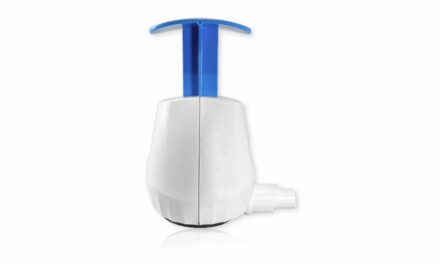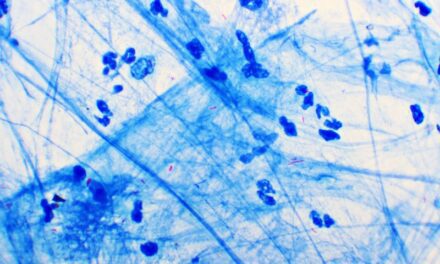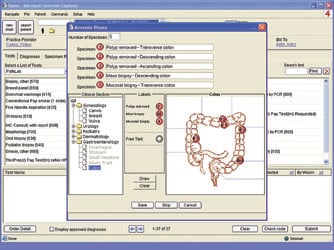The Department of Health of the State of New York has approved newly developed immunoglobulin G and M (IgG and IgM) immunoblot tests for tick-borne relapsing fever (TBRF) from IGeneX, Milpitas, Calif. The tests are now available for use by New York practitioners.
Until recently, diagnostic tests for TBRF have been grossly insensitive and have not been able to detect many of the ever-growing list of species and strains of TBRF Borrelia carried by hard and soft ticks. The new IGeneX immunoblot tests overcome these obstacles with the ability to detect antibodies to TBRF Borrelia species, including B. hermsii, B. miyamotoi, and B. turicatae.
TBRF is often considered a Lyme disease imitator because sufferers of both diseases display many similar symptoms, such as chills, headache, and high fever, often leading to misdiagnosis. Moreover, some of the Borrelia species that cause TBRF are transmitted by the same ticks that transmit B. burgdorferi, the causative agent of Lyme disease. Therefore, it is important for physicians to test for both TBRF and Lyme.
“We are very excited to be able to offer the TBRF immunoblots to physicians in New York State,“ says Jyotsna Shah, MD, president of IGeneX. “Doctors used to call me and say, ‘My patients have Lyme-like symptoms. Why are your tests negative?’ We now know that their symptoms might have been due to TBRF Borrelia infection. These new TBRF immunoblot tests will help patients in this group as well as those with Lyme and TBRF Borrelia mixed infections.“
The specificity of the TBRF immunoblot is 98.5% for IgM and IgG based on a study performed on 212 well-characterized samples, of which 50 were provided by the Centers for Disease Control and Prevention. The TBRF immunoblots can detect the full spectrum of disease: early, active, and late-stage.
For further information, visit IGeneX.
Featured image: Deer ticks, one of the primary vectors for Lyme disease, may also carry the bacterium that causes tick-borne relapsing fever (TBRF).






